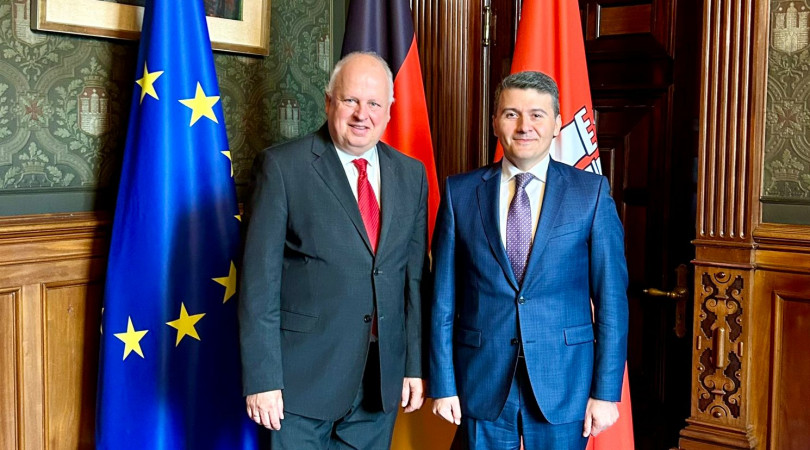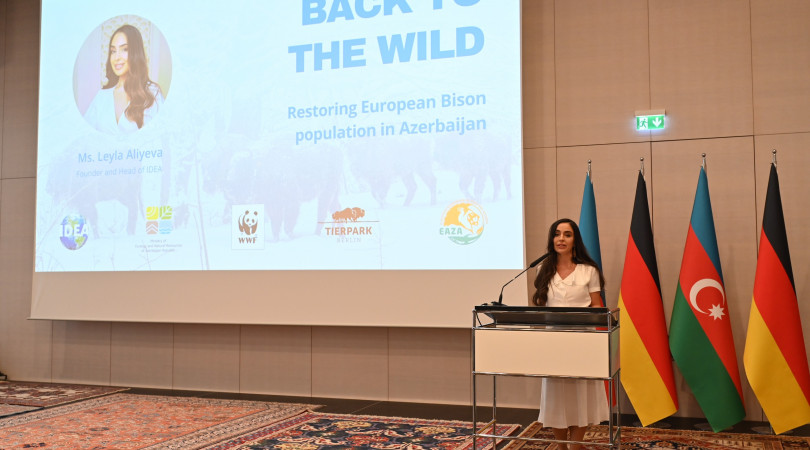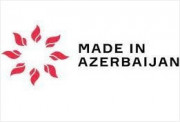European Youth Capital 2016 launched in Ganja, Azerbaijan
Ganja, Azerbaijan’s second city, today formally launched a programme of activities to mark its year as European Youth Capital. The overarching theme of European Youth Capital 2016 is ‘Connecting’ and Ganja’s five priorities areas for 2016 are volunteering, youth employment, social cohesion, active participation and education.
As part of the launch event, an opening ceremony is taking place today, featuring keynote speeches from Youth Forum board member Lora Lyubenova, UN Youth Envoy Ahmed Ahlendawi, parliamentarians from the Azerbaijan Republic, and youth representatives from Ganja.
Lora Lyubenova, European Youth Forum board member, said, “we are looking forward to working with the city of Ganja and young people of the city on a year of activities, which celebrate and promote youth. Through the European Youth Capital title, we hope to empower young people through real youth participation and to help facilitate an open dialogue with youth in the city. The title also helps us bring events to Ganja which will open up debate on issues such as human rights.”
Tomorrow (5 May), as part of the opening celebrations, a full-day event will be held focusing on gender equality and women’s empowerment, both in Azerbaijan and across Europe. The event will feature representatives from the European Youth Forum and young women from its member organisations, as well as women members of the Azeri Parliament, entrepreneurs and young women attendees.
Mayor Elmar Valiyev, Mayor of Ganja, said: “The title European Youth Capital 2016 is a good opportunity to show that Europe is much wider than its borders. Although Ganja is the first European Youth Capital which represents a non-EU country and a country of the Caucasus, we believe Ganja will be an exemplary European Youth Capital and a youth-friendly city for the whole Europe.”
As part of the Youth Capital year, a new youth centre has opened in Ganja. This 3.5 million euro development is dedicated to youth education and empowerment. The youth centre will be a high-profile events venue throughout the Ganja 2016 programme, but will also provide a legacy resource for Ganja’s youth. The centre will provide working rooms, training courses, sport and entertainment facilities, restaurants, as well as accommodation, and has been committed open-for-use for any of the city’s young people to plan projects and events.
Ganja’s European Youth Capital year will run until December 31, 2016, with a further 25 flagship events engaging young people from Ganja and right across Europe throughout the year. These events will be joined by grassroots activities that are pitched during the year by youth organisations in Ganja, via a dedicated funding line opened specifically for EYC projects.
Highlights in the core programme announced today include the ‘Disconnections Festival’ that aims to promote tolerance and multiculturalism, gathering participants from different cultures and countries in Ganja over a five-day period in August. For more information on the ongoing programme of events please visit: http://www.ganja2016.eu
About the European Youth Capital
The European Youth Capital is an initiative of the European Youth Forum. It aims to empower local communities and young people by working at a grassroots level to promote the active participation of young people in society.
Ganja is Azerbaijan’s second largest city with a population of 322,000. Of these approximately 95,000 (or 29 percent) of the population are under 29 years old.
Over the course of 2016 Ganja is expecting a significant increase in tourism and has made preparations to host thousands of additional young people by boosting travel and other tourism infrastructure.
About the European Youth Forum
The European Youth Forum is the platform of youth organisations in Europe. Independent, democratic, youth-led, it represents 102 National Youth Councils and international youth organisations from across the continent. The Forum works to empower young people to participate actively in society to improve their own lives, by representing and advocating their needs and interests and those of their organisations towards the European Union, the Council of Europe and the United Nations. For more information, visit www.youthforum.org

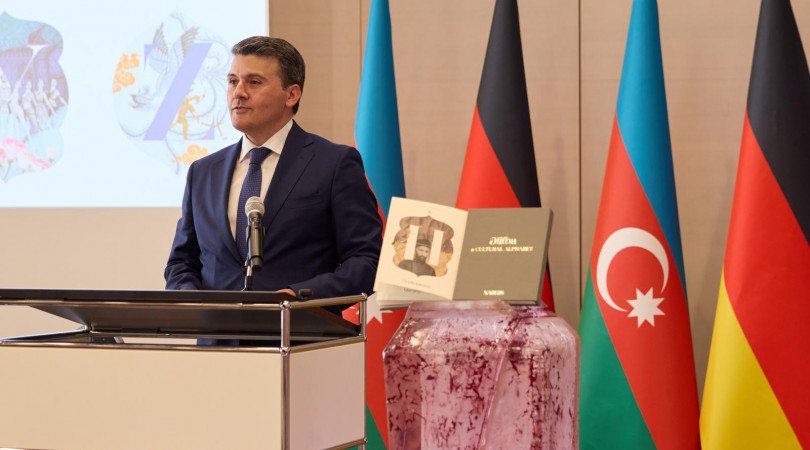
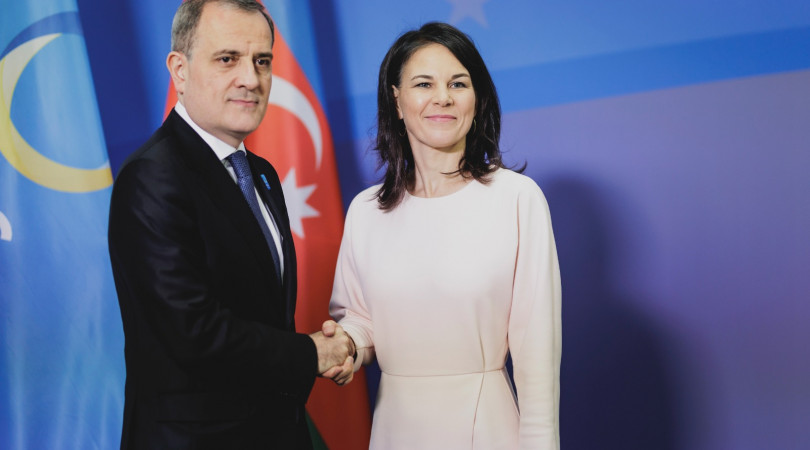
.jpeg)
